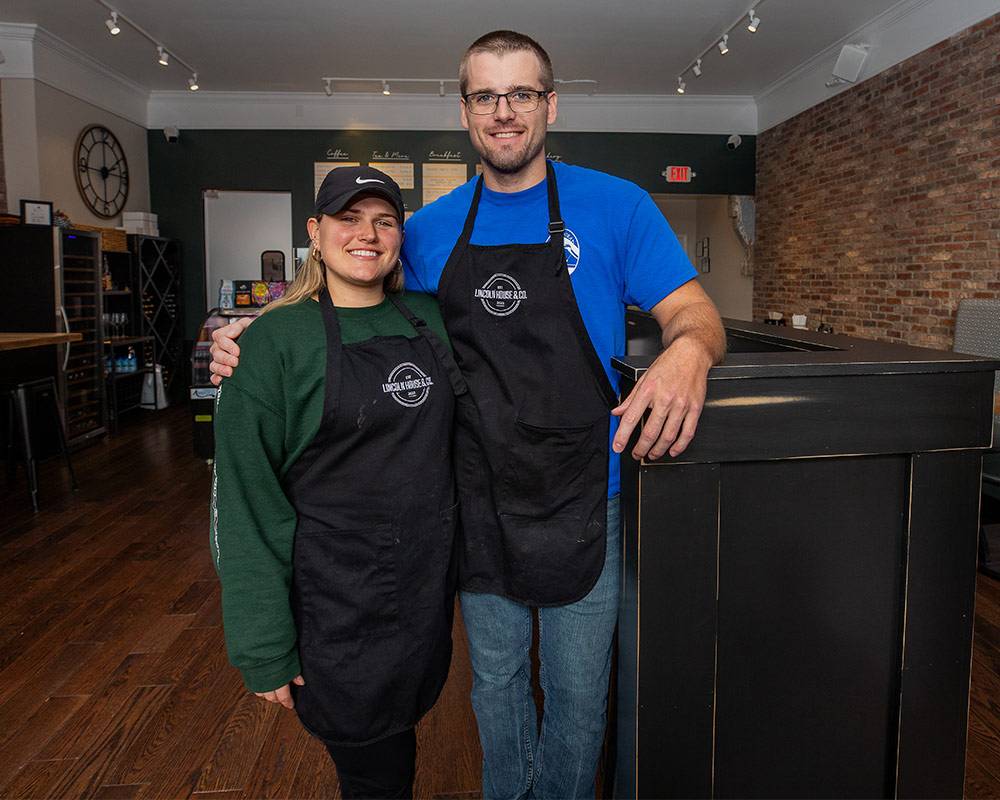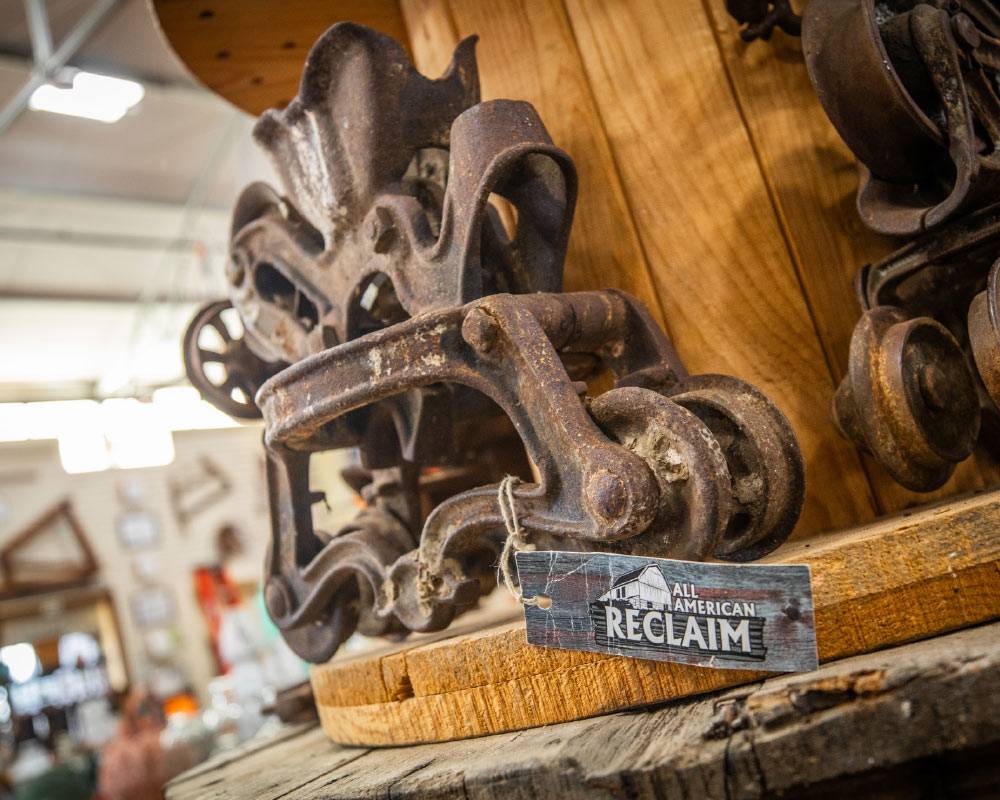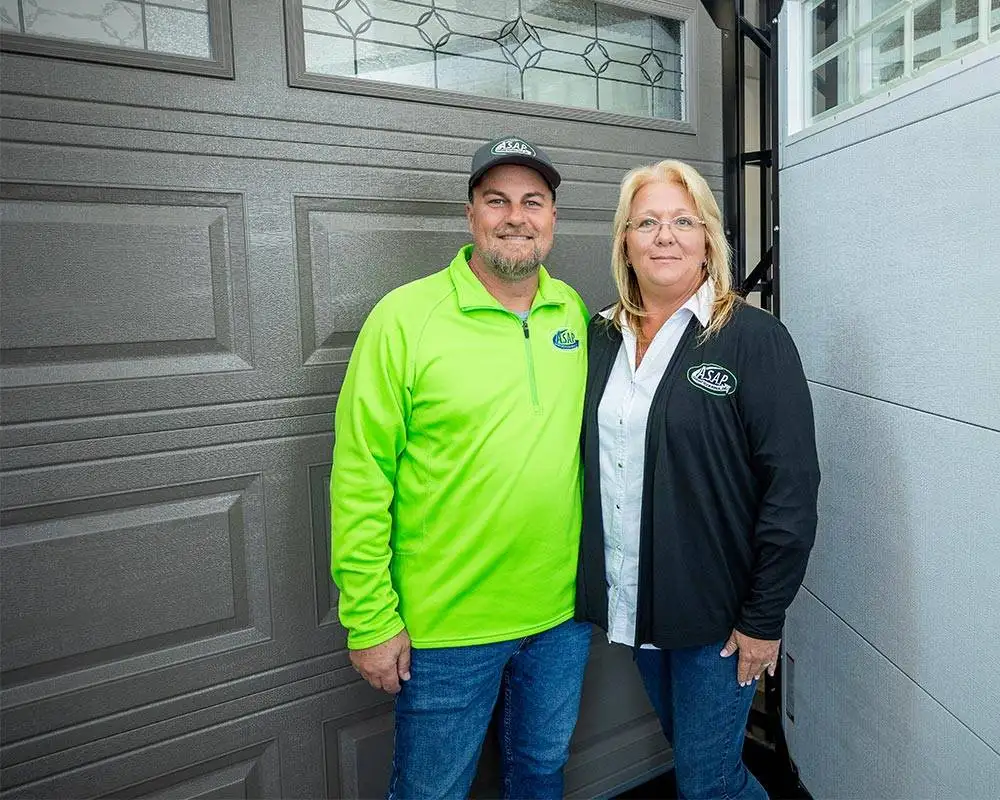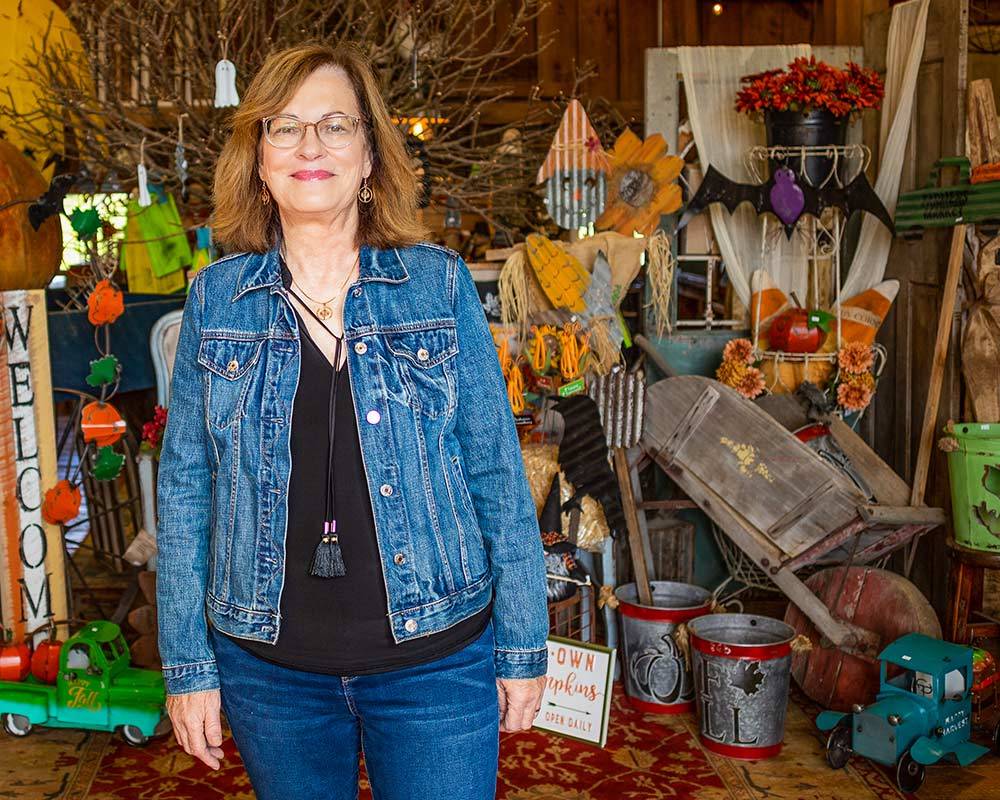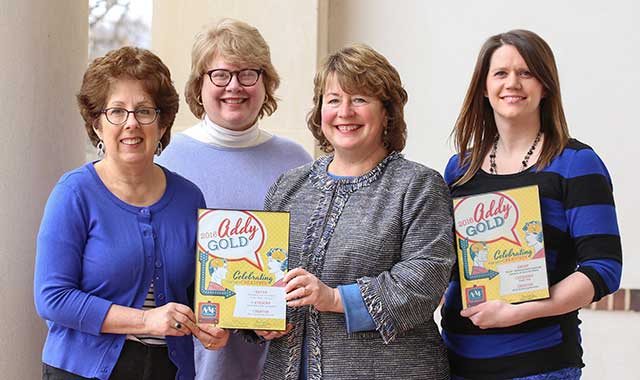The first-ever GreenTown Rockford conference brought together the region’s leaders with a focus on the future. What happens next stands to truly transform our people, places, prosperity and planet.

What does “sustainable” mean to you? Does it reflect healthy choices, environmental stewardship, resourcefulness and social consciousness?
For Brad Roos, sustainability is all of the above, but it’s especially a question of how we meet our needs in a way that allows future generations to meet their own needs.
“Holistic sustainability is a three-legged stool that focuses around people, prosperity and planet,” says Roos, president of the nonprofit Sustain Rockford. “It has to make sense for the folks involved, and that includes people who might be marginalized. It has to make economic sense and it also has to make sense in terms of what’s good for the planet.”
Roos has found many people share his desire for a sustainable future, but he’s also discovered this region has no community-wide framework to inform decisionmakers. Until now.
On Nov. 12, Roos joined nearly 500 people from northern Illinois and southern Wisconsin as they examined sustainability issues at the first-ever GreenTown Rockford conference. The GreenTown model has been deployed successfully in more than 20 Midwestern communities since 2007. Places like Elgin, Aurora, and Naperville, Ill.; Grand Rapids, Mich.; Toledo, Ohio; and South Bend, Ind., have used the daylong experience to find common ground and take steps toward the future.
Breakout sessions focused on topics like groundwater, land and water preservation, reducing food waste, greenhouse emissions, entrepreneurialism and affordable housing.
“We use a template for this organized day when people can come and aspire to be more and do more, and then begin to perspire – to actually get stuff done,” says Roos, a chief organizer of the event.
People came from more than 30 miles around. More than 160 students and staff from Rockford Public Schools and Rockford Lutheran High School joined in, and more than 60 business and nonprofit sponsors backed it financially.
“I can’t tell you how many people thanked me for the conference and told me how much valuable information they took away,” says Roos. “They said they took lots of notes or said, ‘My gosh, I had no idea this was such a rich field of interest.’ I talked with a student from Auburn High School who had ideas for what they could do at their school.”
Starting in January, Sustain Rockford plans to convene regular meetings with the public to establish a process for crafting local and regional sustainability plans.
At a basic level, such plans encourage a greater consciousness of our resources and inspire new ways of thinking – for example, finding ways to reuse, reduce and recycle unwanted items.
“You have to look at each of the major functions we perform in our lives and ask, ‘Is this sustainable?’” Roos says. “Is there a way we can do things more sustainably?”
Roos has found many Midwestern communities have succeeded with robust sustainability plans. In Grand Rapids, he discovered sustainability is now a core value in every project and decision. Same goes for Madison and Dane County, Wis., where Roos learned that sustainability principles are part of a municipal employee’s training.
Such thinking has widespread impacts. For water reclamation, it’s a question of environmental and economic impact. The water we use to shower and cook mostly comes from deep underground aquifers, but there’s evidence those aquifers are running dry, says Roos. Because our water use affects people as far away as Chicago, a sustainability plan and its mindset would help to reframe water policy and spark new ideas about how we use water, how we acquire it, and how we direct the rainfall that feeds aquifers.
Sustainability is especially important for under-resourced neighborhoods, like the places where Transform Rockford’s Great Neighborhoods team is at work. These neighborhoods face many environmental, economic and social challenges, including air pollution, lead pipes, high energy expenses in hard-to-weatherize homes, and crime and safety concerns.
“Holistic sustainability plans view all of these challenges as interrelated, which, in turn, prompt us to make sure our policies, programs and projects are also interrelated,” says Roos. “Furthermore, sustainability plans should utilize meaningful metrics that reflect the interrelatedness of our neighborhood ecosystems. Solar panels reduce greenhouse gasses (environment) and also save money (economy). Community gardens bring people together (social equity) while offering food close to home (environment) and at low prices (economic).”
Roos envisions a future for Rockford where residents enjoy lower utility costs, conserve resources, and rebuild their social connections through tools like community gardens. The hope is that these steps lead to tighter neighborhoods, communities and networks. People live healthier lifestyles in homes that are designed for wellness and environmental impact. We’re more aware of our waste and how we’re disposing of it, and we’re recharging the environment while repairing mistakes of the past.
“All of these things are based on ideas that are forming right now,” says Roos. “People understand these things and know how to get there. What’s missing are two key things: a plan to get there and an embracing of that plan by a significant portion of the public. We have to create a new way of thinking.”
For more information, visit TransformRockford.org.













